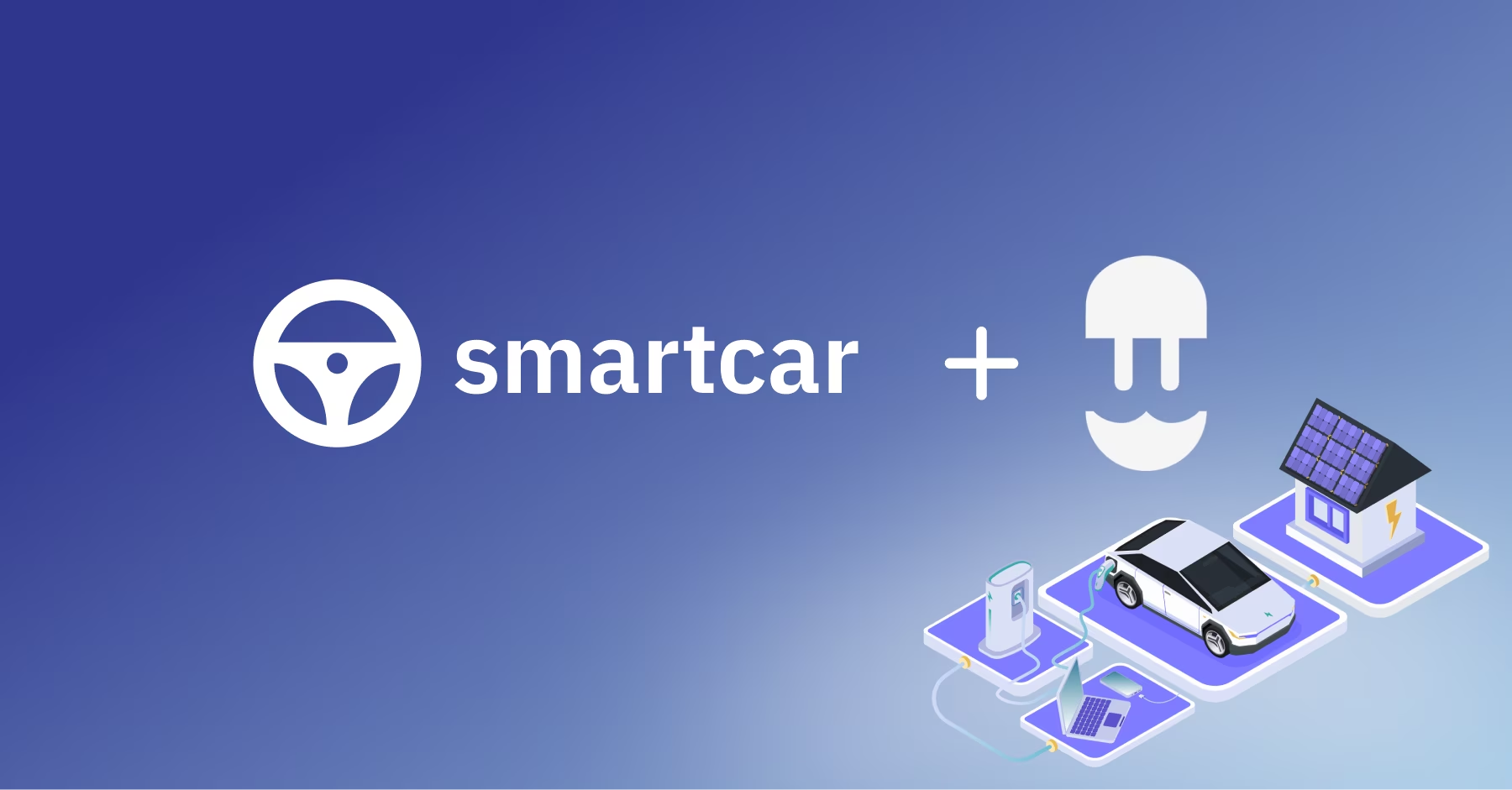Eine entwicklerfreundliche API für Nissan LEAF Fahrzeuge
Mobility apps and services use Smartcar’s APIs to verify their customers’ mileage, issue digital car keys, manage EV charging, and track fleets. Our platform allows your customers with Nissan LEAF vehicles to log in with their Nissan Connect account and connect their car to your app in just a few clicks.

Was ist Smartcar?

Der Smartcar-Unterschied
- Ein leistungsstarkes Entwicklererlebnis
Anpassbare, kollaborative und benutzerfreundliche Funktionen für eine schnellere Entwicklung. Unsere Entwicklertools umfassen robuste Dokumente, 8 SDKs, Zustimmungsmanagement, Testsimulatoren, Dashboard-Einblicke und mehr.
- Umfassende Fahrzeugunterstützung und Wachstum
Integrieren Sie einmal und behalten Sie eine einzige Integration für 39 Automarken in Nordamerika und Europa bei.
- Ein Bekenntnis zum Verbraucherdatenschutz
Ein granulares Genehmigungssystem, das den Datenschutz und die Transparenz für Fahrzeugbesitzer verbessert.
Eigenschaften des Produkts
- kompatibel mitNissan LEAFTelematik
Umfangreiche Dokumentation und SDKs
Benutzerfreundlicher Zustimmungsfluss
Vertrauenswürdig und sicher
Zugriff auf Live-Fahrzeugdaten
Keine Aftermarket-Hardware erforderlich
Kompatibel mit Ihrem Nissan LEAF
Our unified platform is compatible with 40 vehicle brands including Nissan.


.jpg)

